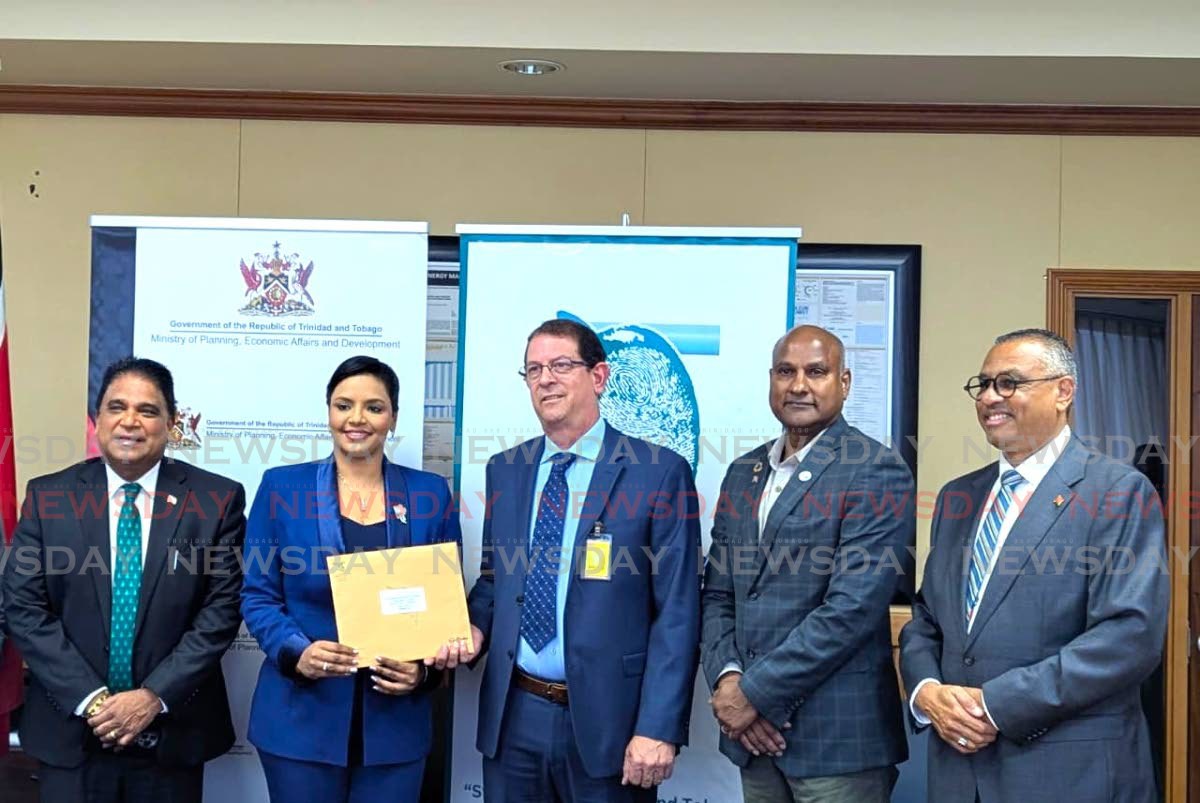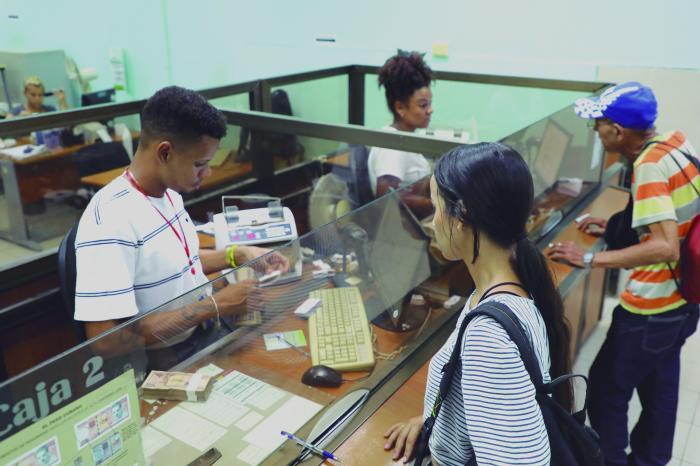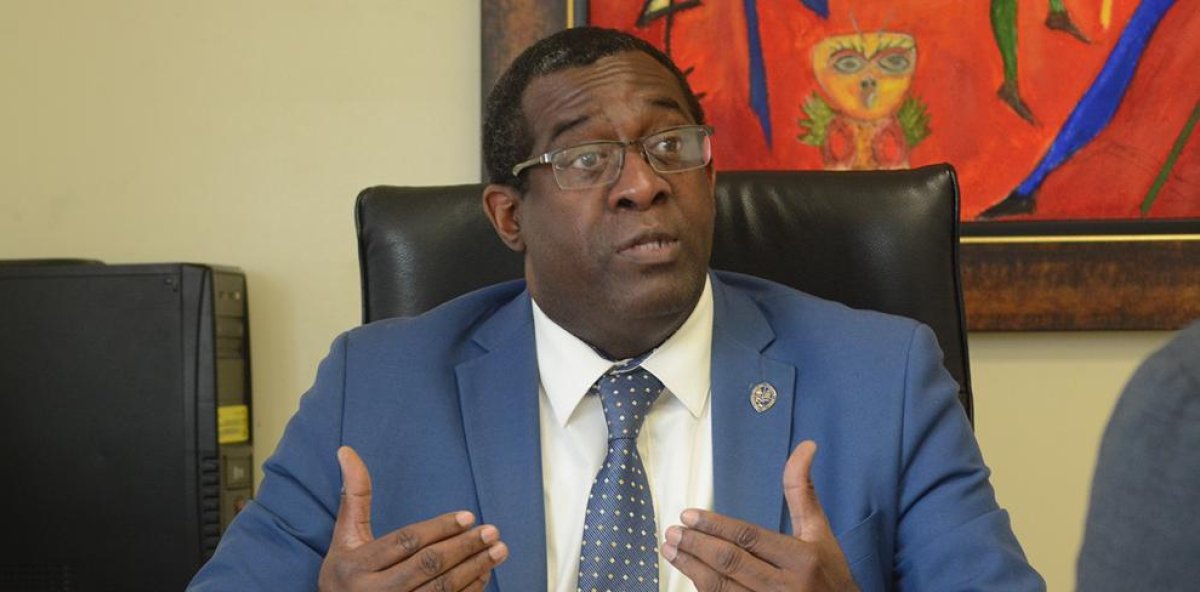Caribbean Airlines (CAL) has marked a significant milestone in its corporate sustainability journey by honoring the employees and teams instrumental in advancing its environmental and social initiatives. The state-owned carrier hosted a special recognition ceremony on December 29th to celebrate these accomplishments.
The event spotlighted the critical role of workforce engagement in fulfilling the airline’s commitment to responsible operations. Through its Employee Sustainability Leaderboard Challenge—an internal program fostering innovation and departmental accountability—CAL successfully mobilized staff participation across the organization. The Operations Division emerged as overall champion, while nine individuals received MVP accolades for their outstanding contributions to sustainable practices.
Acting CEO Nirmala Ramai commended employees for their dedication, emphasizing that the program’s success stems directly from collective passion and commitment. She noted that consistent employee actions are fundamental to achieving the airline’s sustainability objectives and building operational resilience.
The celebration also highlighted CAL’s broader sustainability framework, which includes educational outreach through initiatives like the Caribbean Airlines Career Caravan. This flagship program has exposed over 100,000 students across the region to aviation career paths, inspiring youth while addressing future workforce development.
The airline reaffirmed its dedication to continuing this sustainability trajectory through employee empowerment, educational investment, and embedding responsible practices throughout its operational ecosystem for the benefit of passengers, communities, and the wider Caribbean region.









